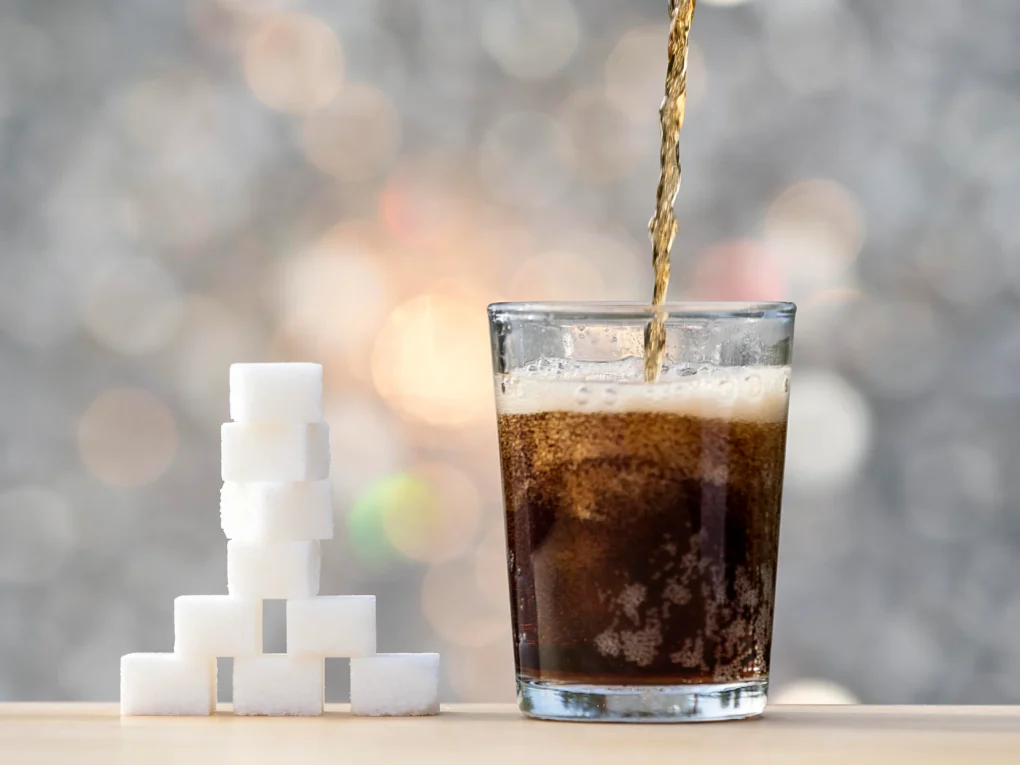According to a recent study conducted by researchers from UC Berkeley and other institutions, the implementation of excise taxes on sugary beverages has led to a significant and steady decline in purchases across five major American cities. The study, published in JAMA Health Forum, provides valuable insights into the impact of local excise taxes on the prices and purchases of sugar-sweetened beverages in multiple cities, including Boulder, Philadelphia, Oakland, Seattle, and San Francisco, during the period between January 1, 2017, and January 1, 2018.
Sugar-sweetened beverages, such as sodas, fruit drinks, sports drinks, energy drinks, and sweetened coffee drinks, are known to be the primary source of added sugars in the American diet, as stated by the Centers for Disease Control and Prevention. These beverages have been linked to severe health issues, including type 2 diabetes, obesity, heart disease, kidney disease, non-alcoholic liver disease, gum disease, tooth decay, among others.
Leveraging the imposition of beverage excise taxes, which are based on a per ounce rate, this research aims to demonstrate the impact on purchases and prices of sugar-sweetened beverages across various large cities. Previous studies have primarily focused on analyzing the effectiveness of such taxes within a single city, making this study one of the first to estimate the consequences of local excise taxes across multiple locations.
This study’s objective is to provide a more comprehensive and accurate evaluation of the impact of local sugar-sweetened beverage taxes in the United States, offering valuable insights into the overall effectiveness of these taxes, explained Scott Kaplan, the lead author of the study and an economics professor at the United States Naval Academy. Kaplan, who obtained his Ph.D. from the UC Berkeley Department of Agricultural and Resource Economics in 2021, believes this study can better inform the potential effectiveness of sugar-sweetened beverage taxes at the state or federal level.
This research builds upon a previous study that solely examined data from the city of Oakland.
The new findings reveal that retail prices of sugar-sweetened beverages rose by 33.1% in the two years following the implementation of the taxes in each city examined. Moreover, there was a corresponding 33% decrease in purchases during the same period. These price increases and purchase reductions were observed immediately after the taxes were put into effect, and the trends continued for several months afterward.
Interestingly, the study found no evidence indicating that consumers were crossing borders to buy sugary beverages in neighboring areas without these taxes.
These study findings suggest a high level of effectiveness of these taxes in terms of improving health outcomes and reducing societal costs, said Kaplan. He hopes that this research will inspire similar policy actions in other parts of the country, as well as at the state and national levels, similar to what has been done with tobacco taxes.
An earlier study, co-authored by Dr. Kristine A. Madsen from UC Berkeley School of Public Health, revealed that tax revenue generated from sugar-sweetened beverage excise taxes in seven cities was utilized to support initiatives aimed at enhancing community health, developing human and community capital, and promoting equity.
*Note:
1. Source: Coherent Market Insights, Public sources, Desk research
2. We have leveraged AI tools to mine information and compile it

